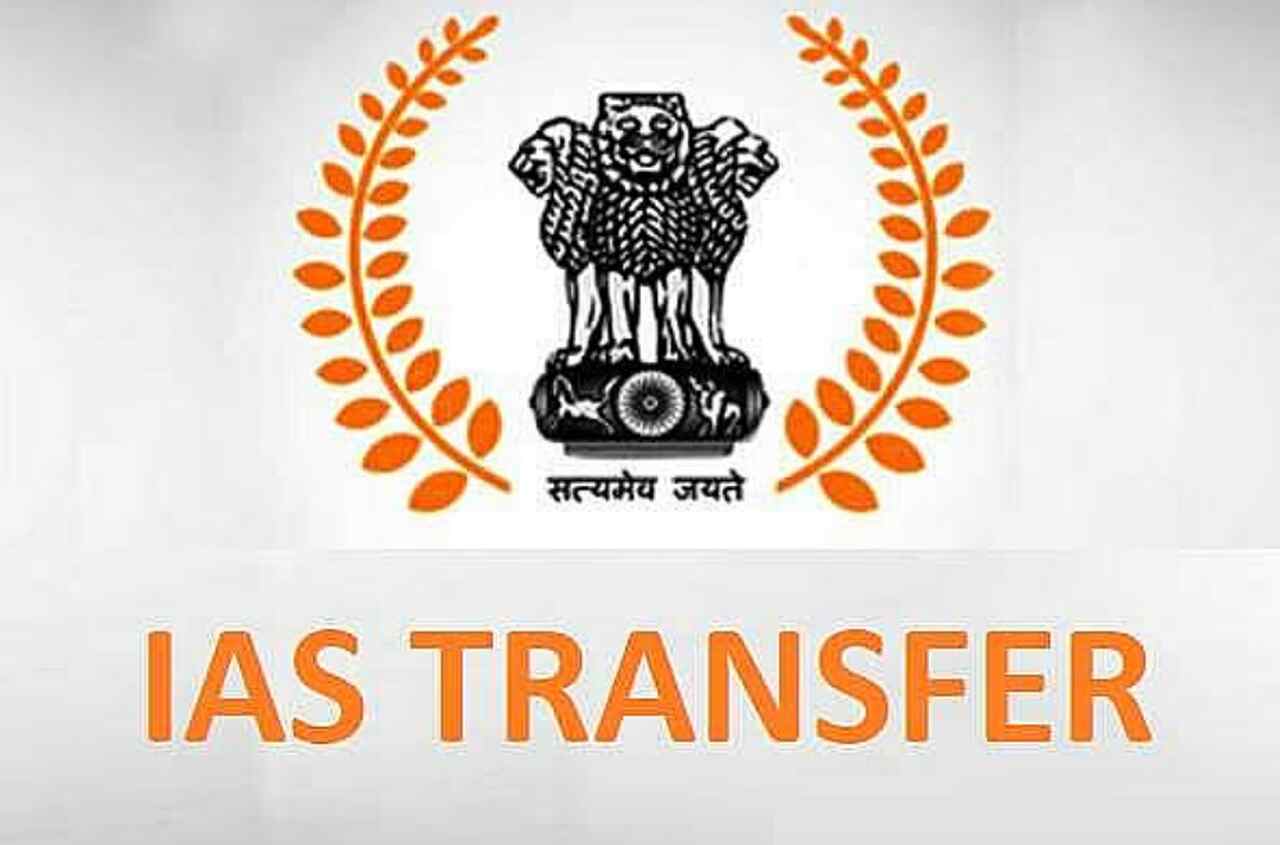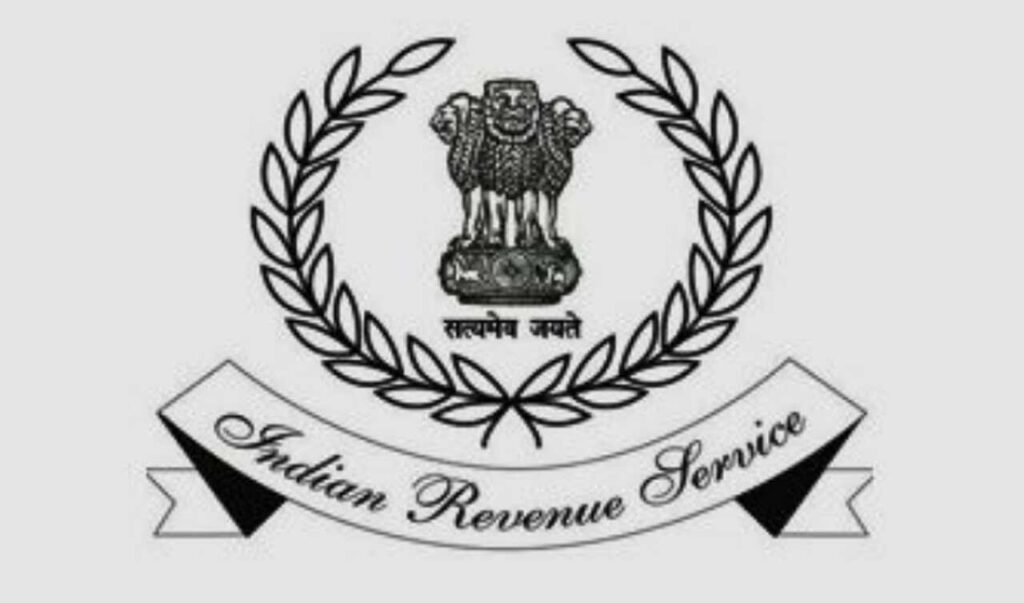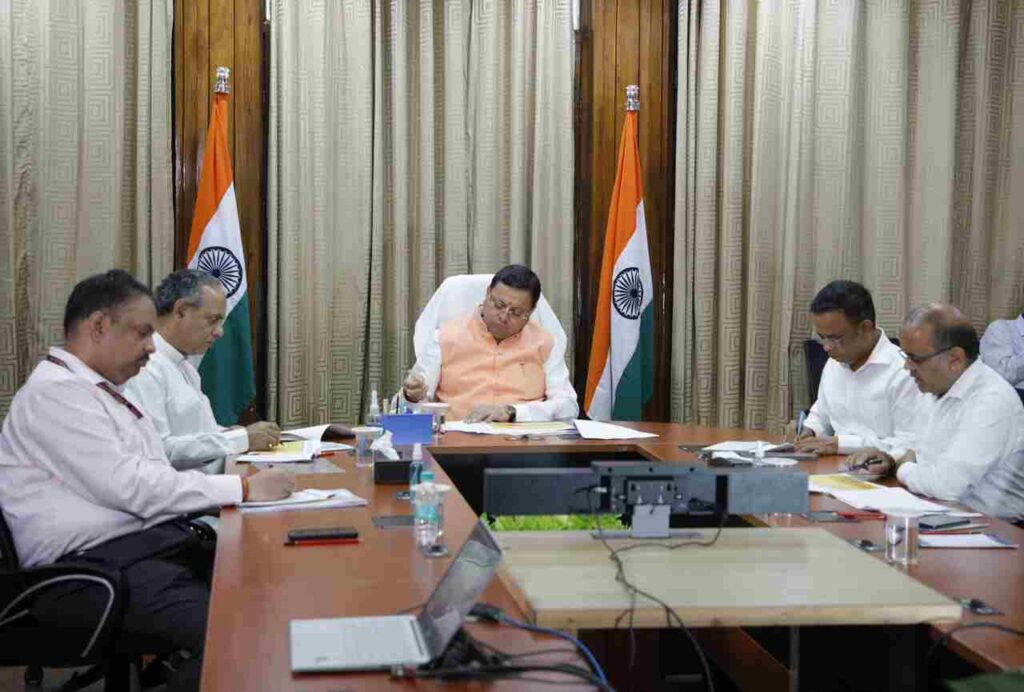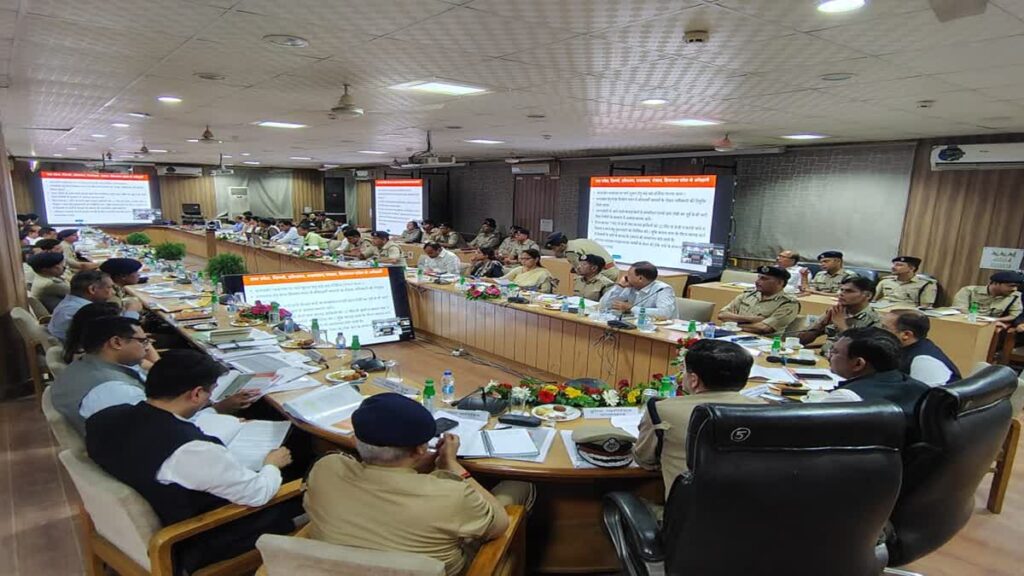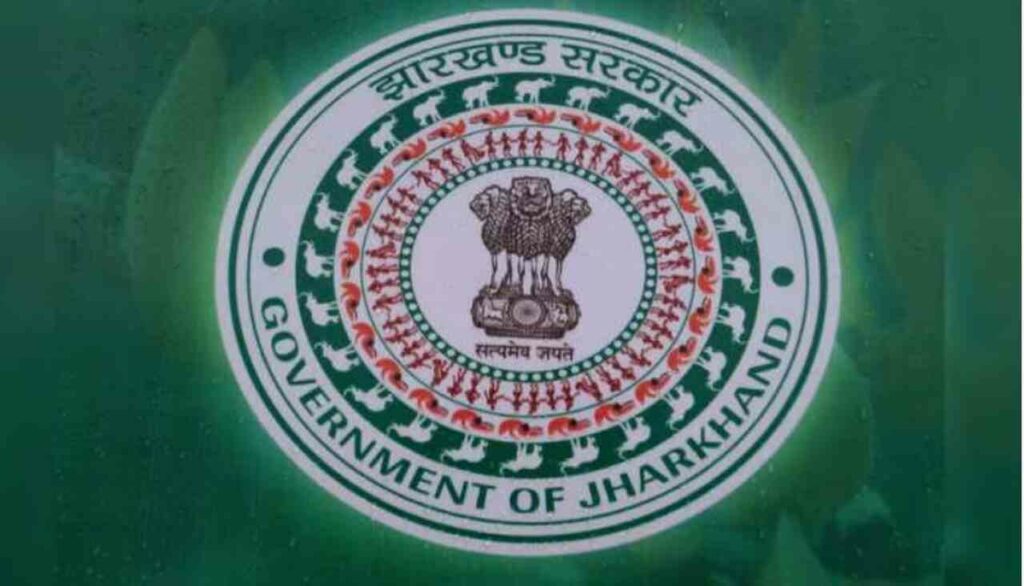Mr. Avinash Pathak, a 2013-batch IAS officer, has been transferred from his post as the District Collector of Beed, marking the end of his longest and most scrutinized tenure in the district. His transfer comes amid growing public debate, intensified following the recent murder of Massajog sarpanch Mr. Santosh Deshmukh, which raised serious questions about administrative effectiveness in the region.
Mr. Pathak is among five IAS officers whose transfers were ordered by the Maharashtra government earlier this week. He will be succeeded by Mr. Vivek Johnson, a 2018-batch IAS officer currently serving as the Chief Executive Officer (CEO) of the Chandrapur Zilla Parishad. Mr. Pathak has now been posted as the Managing Director of the Maharashtra State Fisheries Development Corporation—a position widely considered a side posting.
Mr. Pathak’s association with Beed district spans decades, having begun his bureaucratic journey there in the late 1990s as the Tehsildar of Patoda taluka. Over time, he held multiple positions in the district, including Land Acquisition Officer, Deputy Collector, and Residential Deputy Collector. Notably, he also served as the Returning Officer during the 2009 Lok Sabha elections in which late BJP leader Mr. Gopinath Munde emerged victorious.
Apart from a four-year stint in Jalna during the Covid-19 pandemic and later in Chhatrapati Sambhajinagar, Mr. Pathak’s career has been deeply embedded in Beed. In 2023, he was appointed CEO of the Beed Zilla Parishad and later elevated to the role of District Collector, which he held for the past 10 months.
His extended tenure in Beed raised eyebrows, especially amid allegations of his proximity to influential political figures in the district. His perceived closeness to former minister Mr. Dhananjay Munde and other political leaders became a contentious issue, particularly after the murder of Mr. Deshmukh, where he was criticized for administrative inaction and the unchecked rise of figures like Mr. Valmik Karad.
Following mounting pressure, Mr. Pathak had to cancel over 300 arms licenses as part of efforts to clamp down on rising illegal activities, including alleged sand mining rackets and the illicit transport of ash from the Parli Thermal Power Plant. Despite these steps, there were limited personnel changes in the aftermath of the sarpanch’s murder, with only the District Superintendent of Beed and a few police officers transferred.
With Mr. Pathak’s exit, a new chapter begins in Beed’s district administration, as the government seeks to restore public confidence and reinforce law and order.


